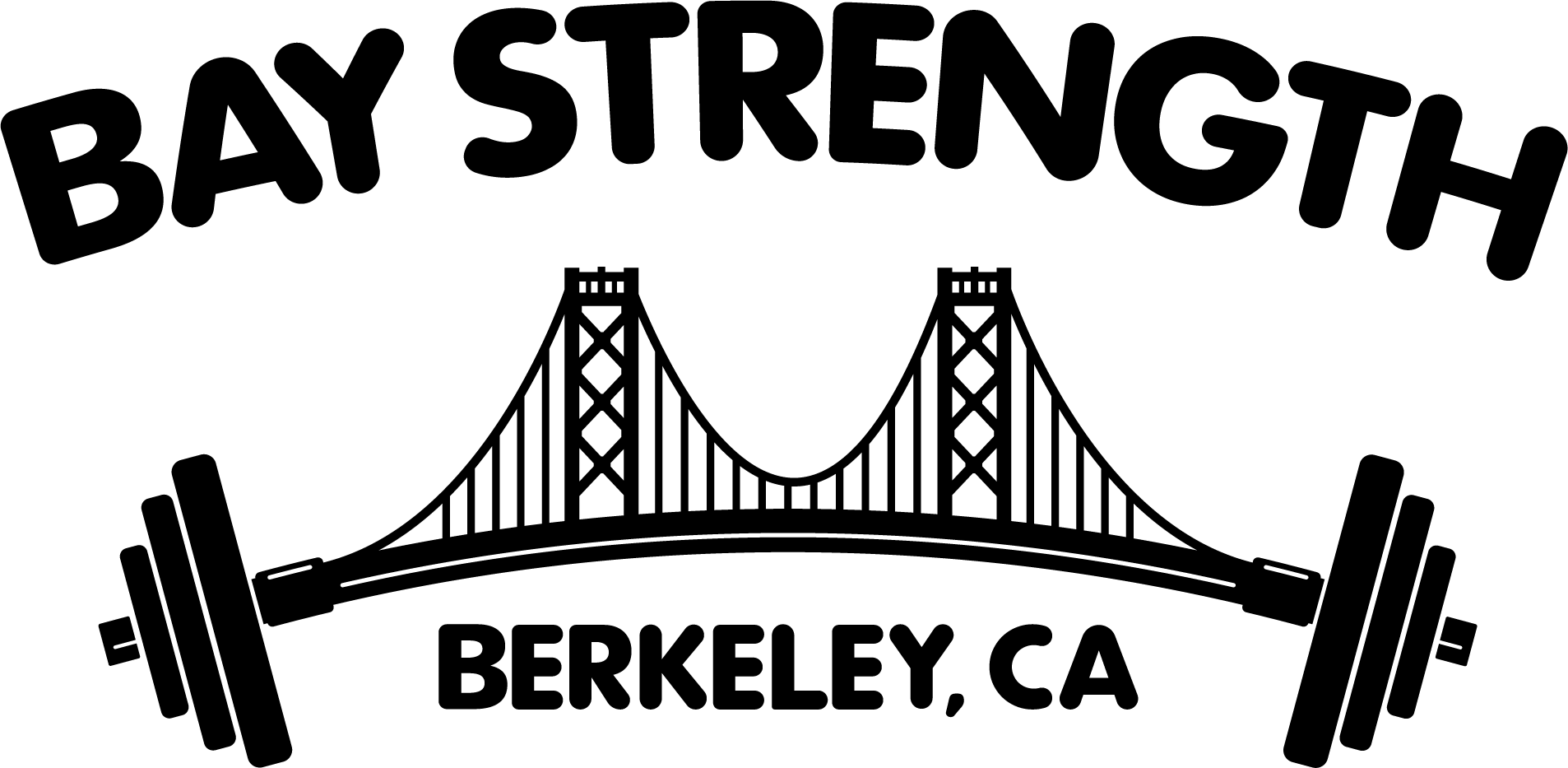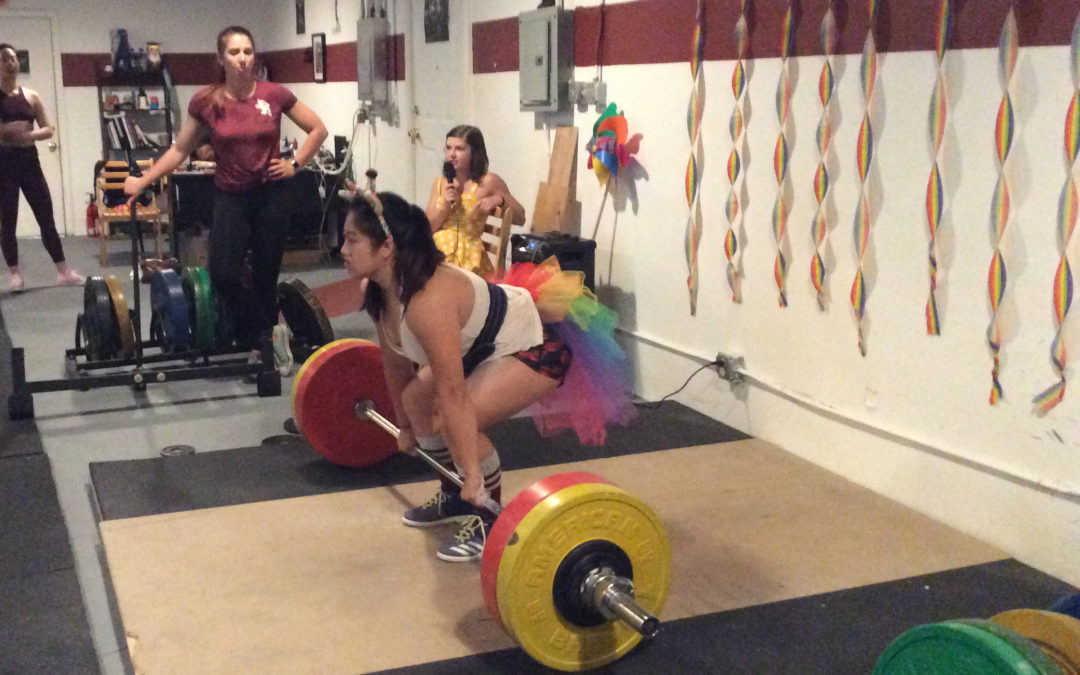The concept of “fun” carries with it implications of entertainment, enjoyment, light-heartedness, and pleasure. These are very saleable concepts, but when we require our physical activities to be “fun,” we run the risk of overlooking some valuable traits that training through discomfort, fear and boredom can teach us.
Sometimes we do need to start there, however. For a sedentary individual who needs to move off the couch and into the realm of exercise, finding a physical pursuit that is at least moderately enjoyable is necessary, and if it can be categorized as fun, there’s much higher chance that it will succeed in the initial goal of getting that individual to “move more.”
Pretty soon, however, most people need a more deliberate level of interaction with their physical activity. This is when we can introduce the concept of “training,” which is a planned progression designed to take you from where you are now, to a more advanced physical stage.
Everyone needs to get stronger, and to get stronger, you need to train. If you are just starting to move from being sedentary to active, your next step is to introduce a planned progression. You need to train. If you have decided to take up a sport, getting stronger improves your performance (along with regular practice of the skill set required). You need to train. If you have decided to compete, whether it be a race, a meet, a match, or a performance, you need to train.
Often, the process of running a linear progression (that time period during which you can add weight to the bar every time you train) is pretty fulfilling for folks who have never experienced it. You are setting new personal records three times a week. When you stall, you can make slight changes to your programming and continue to progress. Even a stall due to a technical fault can be corrected (much easier with a coach, of course) and progress can resume. When the weight on the bar feels heavy for the first time, and you approach it with trepidation, making it through your three sets of five is exhilarating. When you notice the tangible results of being stronger as you move through the world, that is even more exciting.
THE HONEYMOON PHASE
Taking up a new sport or discipline is often exciting and fun for a while. This is of course not true for everyone. Some struggle with it right out of the gate, and they learn to overcome physical and emotional challenges as part of their early athletic development. For some, however, being a beginner is exciting. Your rate of progress is high, you are constantly learning, everything feels new and marvelous. The period of time I like to call the “honeymoon phase” often lasts about six months. Interestingly, this is about the median amount of time it takes a strength athlete to run a linear progression.
Much has already been written about the physical and emotional challenges that come up for folks running their linear progression. This article will not address those, except to state that this is the part of your training where overcoming these obstacles will give you important tools for training, and for the rest of your life.
However, if you want to get better at something that requires both skill and physical capacity, six months is barely scratching the surface. It’s barely enough time to get acquainted with your pursuit. How about five years of dedicated training or practice? How about a decade?
IS OVER
If we are talking about strength training, which is a process you will need to engage in throughout your life if you care about how you age, you will need to weather boredom, fatigue, long plateaus, injury, illness and aging.
The strength athlete who has completed their novice progression and can no longer make progress session to session is now what we call an intermediate lifter. Progress can still be made on a weekly basis, or a monthly basis, but programming must become more complex, and thus, mistakes are easier to make.
This is also the time when a previously excited athlete can lose mental focus. Signing up for a meet can help sharpen your focus as an intermediate lifter. Finding a training partner, or better yet, a few of them, can be very helpful at this stage.
BURNOUT
For those of you who are extremely focused, as you continue to train and your physical capacity to adapt flattens out over time, there may be periods where you come to dread every training session. This can come about when you are extremely dedicated, or at the top level of your sport. It can also come about as you battle an aging body with less capacity than you used to have, or if you get injured frequently and constantly must work around and through your injuries.
This must be dealt with, and not in the same way you dealt with it as a novice.
Sometimes it requires finding something else that is fun. Actually fun, as in entertaining, amusing, lighthearted, and has nothing to do with lifting. Sometimes you need to change your training frequency for a bit, or even take a week off, especially if you are the kind of athlete who never takes a vacation. Maybe this is finally the time to get serious about your curls.
The idea that our training must be “fun” can be a distraction for a novice lifter, who is learning important skills about perseverance and mental toughness. However, there can be value in making a place for it in our training, over the long term.

